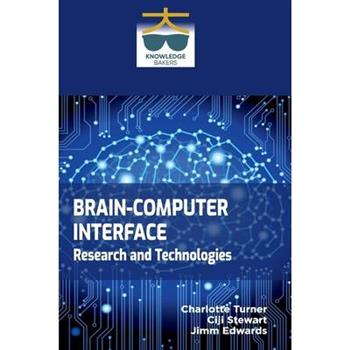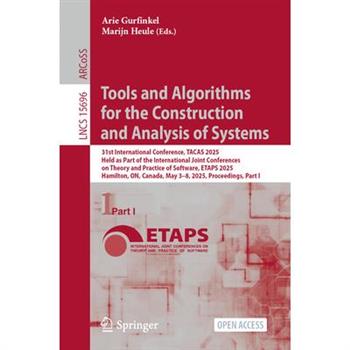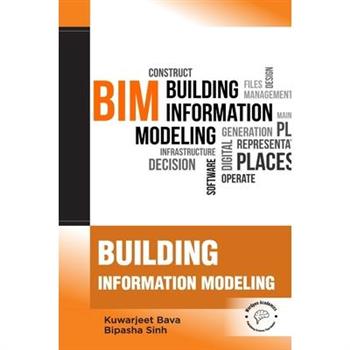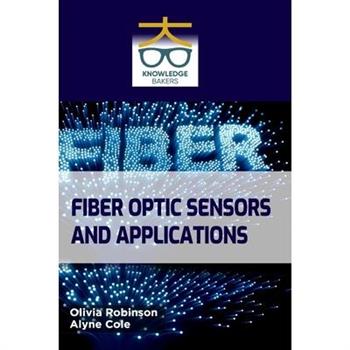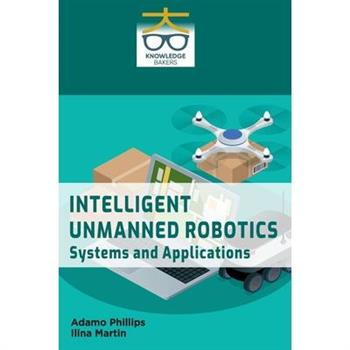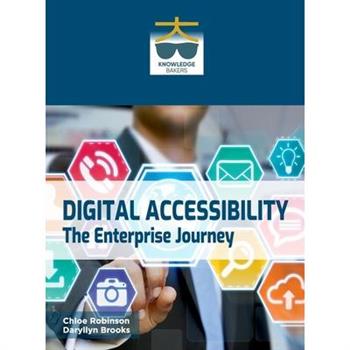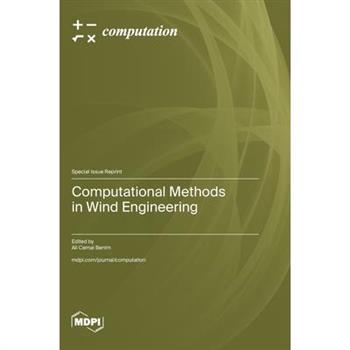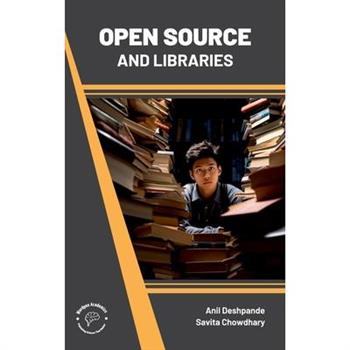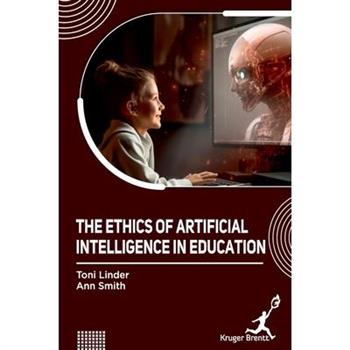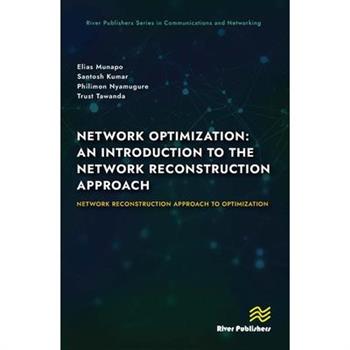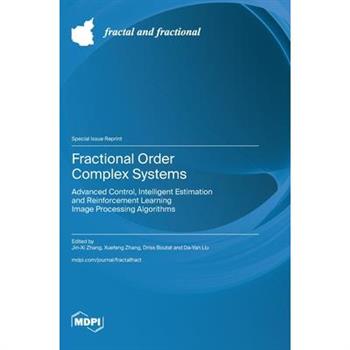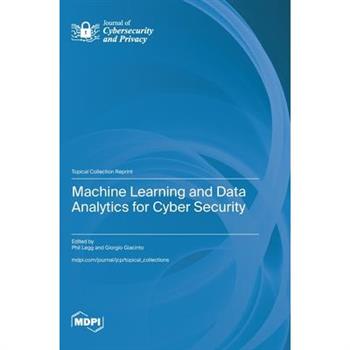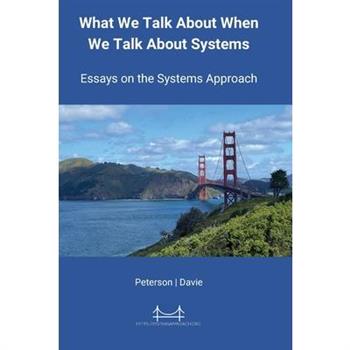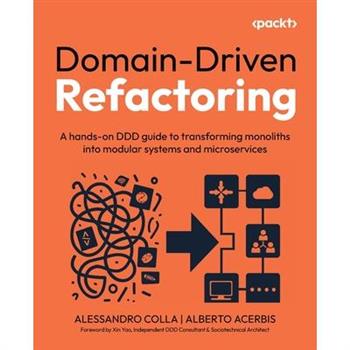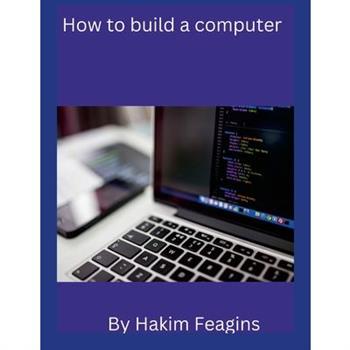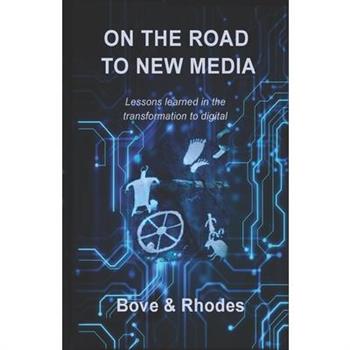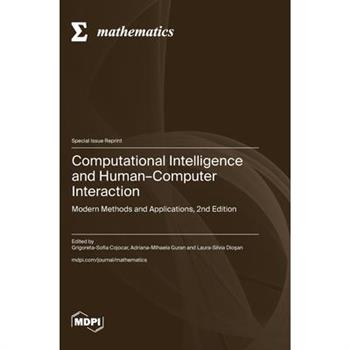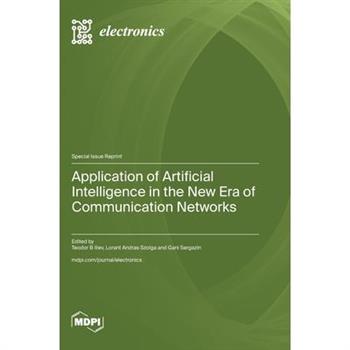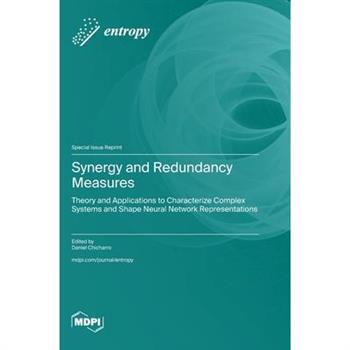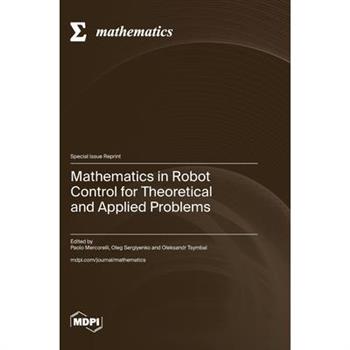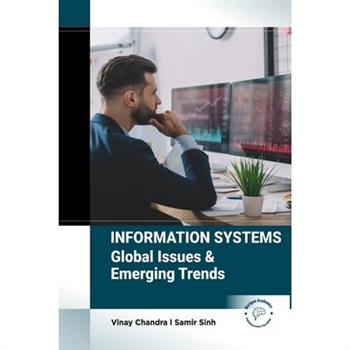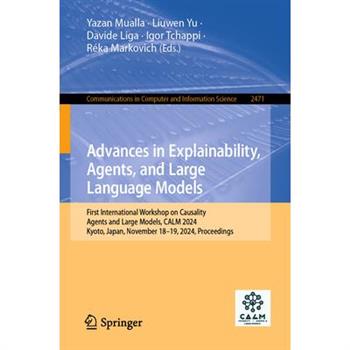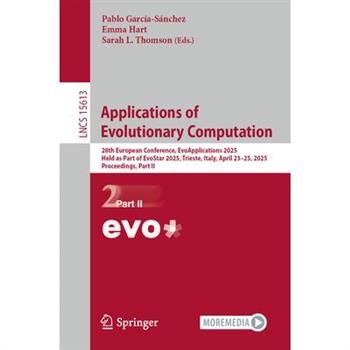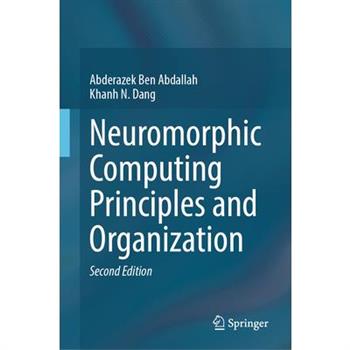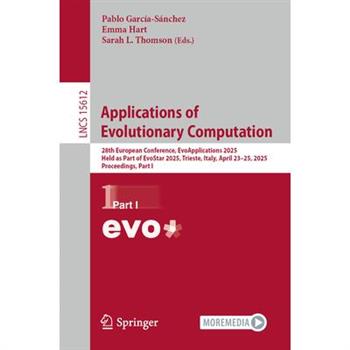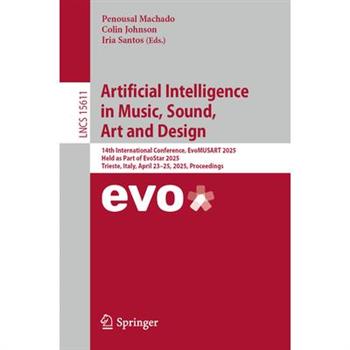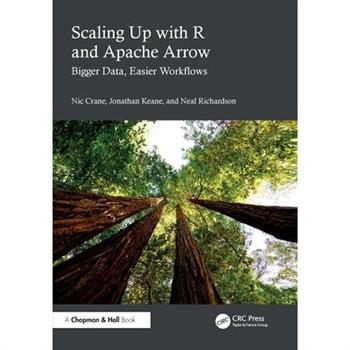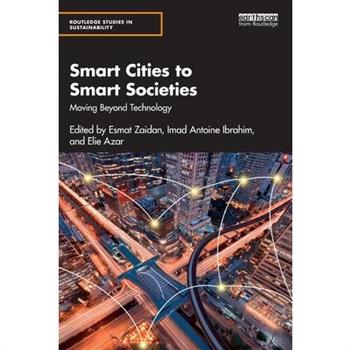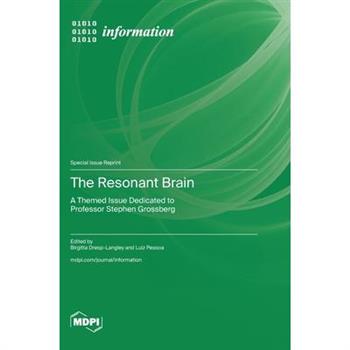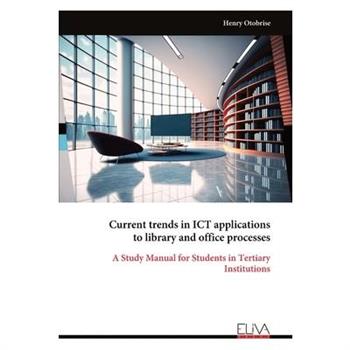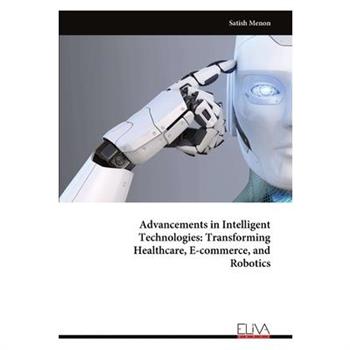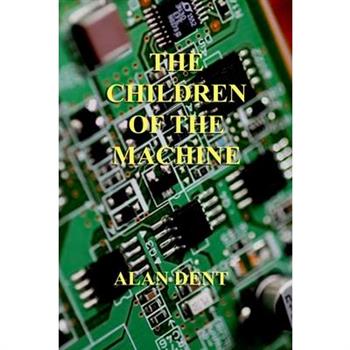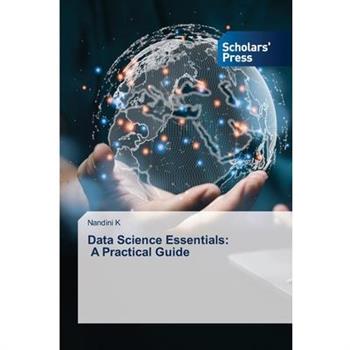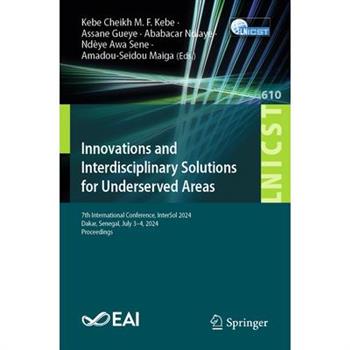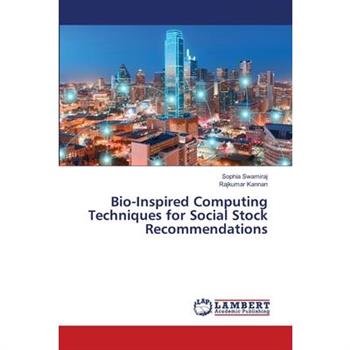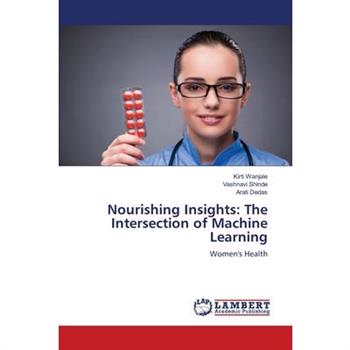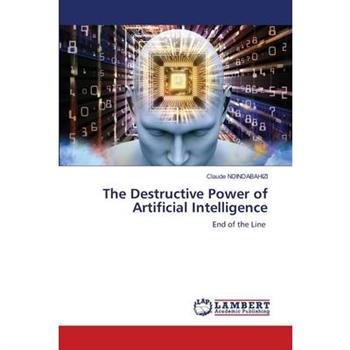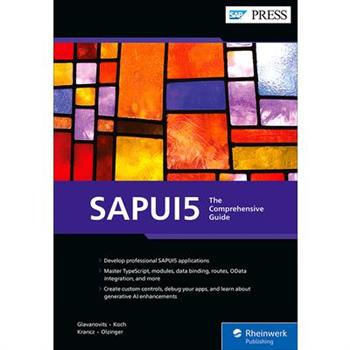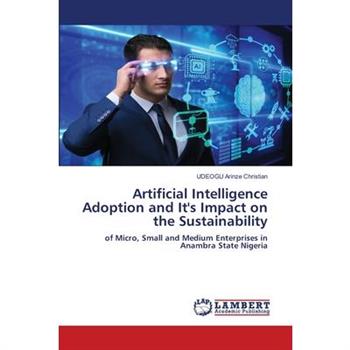Brain-Computer Interface
-It explores the idea that language serves as a model for how the human mind works, and how it can be used to develop brain-computer interfaces (BCIs) that facilitate communication between the brain and external devices.-It provides an overview of methods used to handle artifacts in electroencephalography (EEG) signals, and discusses the use of a fuzzy inference system to identify pain in EEG signals.-It explores the use of unsupervised machine learning algorithms to analyze multivariate real-time series data in BCIs, with the potential to improve the accuracy and efficiency of these systems.-It discusses the potential therapeutic effect of infra-low-frequency neurofeedback training on children and adolescents with attention deficit hyperactivity disorder (ADHD) and provides an overview of research exploring the relationship between entropy and the emotional brain.-This book discusses the use of wavelet features and various machine learning methods to evaluate steady-state visually evoked potentials-based BCIs, with the potential to improve the accuracy and efficiency of these systems.-It explores the use of a brain-computer interface drone, which can be controlled by the user's thoughts and may have potential applications in areas such as search and rescue, surveillance, and agriculture.-This book is an excellent reference for scientists, researchers, neurologists, psychiatrists, and other medical professionals, engineers, technologists and the general public may be interested in learning about the latest research findings, as well as the potential benefits and risks of BCI technology.
Building Information Modeling
-Provides a comprehensive overview of the principles and practices of BIM, a digital modeling process used in the Architecture, Engineering, Construction, and Operations (AECO) industry. Begins with an introduction to the concept of BIM and its evolution over the years.-Covers the basics of digital information and its importance in the AECO industry. It also discusses the process of digitization and its role in improving efficiency and accuracy in the industry.-Provides the different types of representation used in the AECO industry, including symbolic and analogue representations. It also covers the specific representation techniques used in BIM.-Focuses on data and information management in BIM and explores the basics of data and information and their importance in decision-making processes.-Covers the various decision-making processes in the AECO industry and the role of information in these processes. It also covers process and information diagrams used in BIM to improve project management.-It is an essential guide for professionals and students in the AECO and it is a valuable resource for anyone looking to improve efficiency and accuracy in their projects
Fiber Optic Sensors and Applications
-It constitutes the most complete, comprehensive, and up-to-date reference on the development of optical fiber sensors.-The book covers a wide range of topics related to fiber optic sensors and their applications, providing insights into the latest technologies and trends in the field.-Describes the emerging technology of multi-core fiber and its applications in optical communications and explores the exploration of tapered fiber devices and their use in various applications.-Explores the latest techniques used in optical fiber communication to enhance the system's performance, including coded modulation and impairment compensation techniques and the use of orbital angular momentum (OAM) modes in optical fibers for next-generation space division multiplexing (SDM) systems.-Provides detailed examination of optical fiber tweezers and their use in assembling living photonic probes and use of fiber optics in bio-sensing applications, such as biosensors and medical imaging.-It covers the photonics and artificial intelligence (AI) technologies and their potential applications and the laser opto-electronic oscillator and its use in the modulation of laser emission.-Students as well as professionals who work with optical fiber sensors will find this volume to be an indispensable resource and reference.
Intelligent Unmanned Robotics
-The book provides a comprehensive overview of the latest developments in the field of unmanned robotics and their applications and explores several topics related to the field of unmanned robotics.-It discusses the development of robotic systems that can navigate and explore narrow, confined spaces such as pipes to assist in search and rescue operations and focuses on the development of robotic systems that can perform search operations in hazardous environments.-It explores the use of quadrotor unmanned aerial vehicles (UAVs) for various applications, such as surveillance, inspection, and monitoring.-It describes the development of a robotic system that can continuously map and explore underground sites, such as mines or tunnels, without human intervention.-It focuses on the development of advanced nonlinear control systems for UAVs, which can improve their performance and enable them to perform complex tasks and discusses various applications of UAVs.-It will be useful for researchers, engineers, and students working in this field
Digital Accessibility
-This book provides a practical guide to implementing digital accessibility within an enterprise, covering everything from creating a culture of accessibility to hiring staff and developing procurement policies that prioritize accessibility.-Provides a comprehensive overview of digital accessibility, its importance, and its impact on businesses and also focuses on the role of a committee or team responsible for ensuring digital accessibility within an enterprise.-Describes how to create a culture of digital accessibility within an enterprise, including how to raise awareness among employees and foster a commitment to accessibility throughout the organization.-Focuses on how to develop procurement policies that prioritize accessibility when purchasing technology, software, or services. It may also discuss how to create an accessibility policy that outlines an enterprise's commitment to accessibility.
Computational Methods in Wind Engineering
In wind engineering, in parallel to all other engineering disciplines, the impact of computational methods is rapidly increasing. As far as computational aspects are concerned, wind engineering embodies a series of specific challenges, including the availability of suitable validation data, the definition of boundaries and boundary conditions, scale disparities, and fluid-structure interaction. The present Special Issue shows recent advances in the development and application of computational methods in wind engineering.
Open Source and Libraries
Open source library software in computer science provides an easier means for programmers to develop dynamic interfaces by storing readily accessible and frequently used routines and resources, such as classes, configuration data, documentation, help data, message templates, pre-written code and subroutines, type specifications, and values.
Ethics of Artificial Intelligence In Education
Introduction to AI in Education: Provide a comprehensive overview of how artificial intelligence (AI) is being integrated into educational settings, including applications such as adaptive learning systems, intelligent tutoring, automated grading, and administrative tools. Discuss the potential benefits and transformative impact of AI on teaching and learning.Ethical Principles and Frameworks: Explore the fundamental ethical principles and frameworks relevant to AI in education, including fairness, transparency, accountability, privacy, and bias. Discuss how these principles apply to the development and deployment of AI technologies in educational contexts.Bias and Equity: Address the challenges of bias and equity in AI systems, including how biases in algorithms and data can impact educational outcomes. Provide insights into strategies for mitigating bias, promoting inclusivity, and ensuring equitable access to AI-powered educational tools and resources.Ethical Governance and Policy Recommendations: Discuss the role of governance and policy in ensuring ethical AI use in education. Explore best practices for developing ethical guidelines, establishing oversight mechanisms, and fostering collaboration among educators, technologists, policymakers, and stakeholders to address ethical concerns and promote responsible AI use.
Fractional Order Complex Systems
Fractional-order systems extend classical integer-order models, providing a more accurate description of real-world physical phenomena. In image processing, critical techniques like noise suppression and image fusion in medical imaging are essential for clinical diagnosis and treatment. The increasing diversity of image acquisition models has further emphasized the importance of these techniques. Recent advancements have positioned fractional operators as a key component in image processing, serving as powerful tools for noise reduction and feature enhancement. Additionally, the development of new fractional operating tools has significantly enhanced the analysis and design of nonlinear control systems. Singular systems, characterized by singular differential equations, exhibit unique properties distinct from classical systems. Methodologies for fractional-order control systems, inspired by integer-order approaches, are gaining traction within the control community due to their enhanced capabilities. This Special Issue highlights the latest developments in fractional calculus and its transformative impact across multiple disciplines, setting the stage for future innovations in applied mathematics and engineering.
Machine Learning and Data Analytics for Cyber Security
The aim of this reprint is to provide an overview of the current challenges within the cyber security community today, as recognized by our contributors. This reprint provides 16 papers from the Topical Collection on "Machine Learning and Data Analytics for Cyber Security" that cover topics of large language models for cybersecurity claim classification, adversarial machine learning attacks against intrusion detection systems, the detection of PLC process control anomalies, identifying session-replay bots compared to human users, and mitigating against side-channel attacks.
Against Metaphysical Necessity
One should not commit to metaphysical necessity; semantic modalities are enough. The best approaches to elucidate semantic modalities are versions of linguistic ersatzism and fictionalism, even if only developed in parts. Within these necessary properties and the difference between natural and semantic laws can be accounted for. The proper background theory for this is an updated version of Logical Empiricism. The anti-metaphysical attitude of Logical Empiricism deserves revitalization. The second part of the book illustrates a methodological observation from the first part: elucidating a concept can proceed by computational modelling. As an example, the book concerns modelling belief dynamics in the sense of building a computational model. The purpose is to illustrate some ideas about belief changes in a web of beliefs to explore and deepen one's understanding of belief changes by implementing corresponding algorithms. As a part of the model accepting conditionals and counterfactuals can be understood by versions of Ramsey Tests, i.e. again without modal commitments.
What We Talk About When We Talk About Systems
Computational Intelligence and Human-Computer Interaction
The present Special Issue contains all of the articles accepted and published in the Special Issue of MDPI's journal Mathematics titled "Computational Intelligence and Human-Computer Interaction: Modern Methods and Applications, 2nd Edition", as a follow-up on the first edition. This Special Issue covered a wide range of topics connected to the theory and application of different computational intelligence techniques to the domain of human-computer interaction, such as automatic speech recognition, speech processing and analysis, virtual reality, emotion-aware applications, digital storytelling, natural language processing, smart cars and devices, and online learning. We hope that this Special Issue will be interesting and useful for those working in various areas of artificial intelligence, human-computer interaction, and software engineering and those interested in how these domains are connected in real-life situations.
Application of Artificial Intelligence in the New Era of Communication Networks
This Special Issue highlights the valuable contributions to wireless and mobile communication technologies, mobile edge computing, and blockchain using modern artificial intelligence and machine learning techniques. The applications of machine learning in wireless and mobile communication networks have been receiving increasing attention, especially in the new era of big data and the Internet of Things (IoT), where data mining and data analysis technologies are effective approaches to solving wireless system issues. Artificial intelligence is one of the leading technologies in 5G, beyond 5G, and future 6G networks. Intelligence is playing a crucial role in unlocking the full potential of the 5G networks and the future 6G mobile wireless networks by leveraging universal infrastructure, open network architectures, software-defined networking, network function virtualization, multi-access edge compu-ting, vehicular networks, etc. The implementation of blockchain and mobile edge computing has become a significant part of new wireless and mobile communication networks, helping to perform computations as close to IoT devices as possible.
Synergy and Redundancy Measures
The following Special Issue covers advances in both the theoretical formulation and applications of information-theoretic measures of synergy and redundancy. An important aspect of how sources of information are distributed across a set of variables concerns whether different variables provide redundant, unique, or synergistic information when combined with other variables. Intuitively, variables share redundant information if each variable individually carries the same information carried by other variables. Information carried by a certain variable is unique if it is not carried by any other variables or their combination, and a group of variables carries synergistic information if some information arises only when they are combined. Recent advances have contributed to building an information-theoretic framework to determine the distribution and nature of information extractable from multivariate data sets. Measures of redundant, unique, or synergistic information characterize dependencies between the parts of a multivariate system and can help to understand its function and mechanisms. This Special issue provides updates on advances in the formulation and application of decompositions of the information carried by a set of variables about a target of interest. Advances in the theoretical formulation comprise the connection with channel ordering, with information compression, and the characterization of decision regions. Applications extend to, among others, structure learning, characterizing emergence in complex systems, and understanding representations in cognition.
Petroleum Characterization and Bioprocesses
This Special Issue aims to showcase cutting-edge research on numerical modeling and experimental investigation in the characterization of petroleum and its derivatives and bioprocesses. The scope of this Special Issue includes cases of investigations on petroleum property relationships, the modeling of petroleum properties, the application of different methods for the characterization of petroleum and its derivatives, sustainable fuels, biofuels, petroleum refining process performance optimization, and bioprocesses. Included in this Special Issue are seventeen contributions from researchers across the globe in the fields of petroleum fluid characterization and bioprocesses.
Mathematics in Robot Control for Theoretical and Applied Problems
Robot control and navigation represent one of the most challenging topics in terms of industrial applications, as well as scientific issues. In particular, in engineering mathematics, this topic is significant and continues to attract international interest. In fact, theoretical and application aspects are strictly connected in this field. Applied mathematical aspects in engineering play a crucial role in driving future investigations and advancements. Advanced mathematical algorithms play a tremendous role in robot industrial applications and represent the basis of any progress in this area. The present reprint contains 13 articles accepted and published in the Special Issue "Mathematics in Robot Control for Theoretical and Applied Problems, 2023" of the MDPI journal Mathematics, covering a wide range of topics connected to the theory and applications in robot control. These topics include, among others, elements related to robotics, control, navigation, and machine vision. It is hoped that the reprint will be interesting and useful for those working in the area of robot control, as well as for those with the proper mathematical background who are willing to become familiar with recent advances in applications in engineering mathematics, particularly in mathematics for robot control, which has now entered almost all sectors of human life and activity.
Advances in Explainability, Agents, and Large Language Models
The Resonant Brain
This Special Issue is dedicated to Stephen Grossberg, Professor Emeritus at the Department of Biomedical Engineering of Boston University (BU), Wang Professor of Cognitive and Neural Systems, and a former Director of the Center for Adaptive Systems of BU. Grossberg is an internationally acclaimed scientist and a pioneer in fundamental principles, mechanisms, and model architectures that form the foundation of contemporary neural network research. Articles in this collection focus on the perceptual integration of sensory information, cognitive representation, and mechanisms feeding consciousness.
The Children of the Machine
X is called for an interview, though he has applied for no job. Invited to a waiting room, he finds him locked inside overnight. When he protests, he is offered breakfast, a room and finds himself half guest, half prisoner. His attempts to escape are foiled by the "centre's" knowledge of him and uncanny supervision. He is treated to lavish meals, accommodated in luxury but can't quieten his disturbance. Sexual services are on offer every day, but their coldness unnerves him. During temporary escapes, he comes across a dilapidated cottage occupied by a silent, old man with a shotgun, a house empty except for a young girl and her fierce Rottweiler, a remote, tiny pub run by a lone woman who feeds him before warning him the authorities are coming for him. Why does the old man kill himself ?Why does the girl disappear overnight? He is taken to a restaurant where he witnesses apparently innocent diners seized and taken away by security. Elite entertainment is provided. He's introduced to the rich and famous. But what is the "contentment doctrine" and who are the "normalisation force"? And why does everyone accept the decisions of "the machine"? When a crisis arises with the "outsiders" the atmosphere changes. In this novella, Dent explores the nature of autonomy, the threat of ceding control to AI, and the debilitating nature of being constantly served. X is a modern everyman. His tragic fate a warning to us all.




